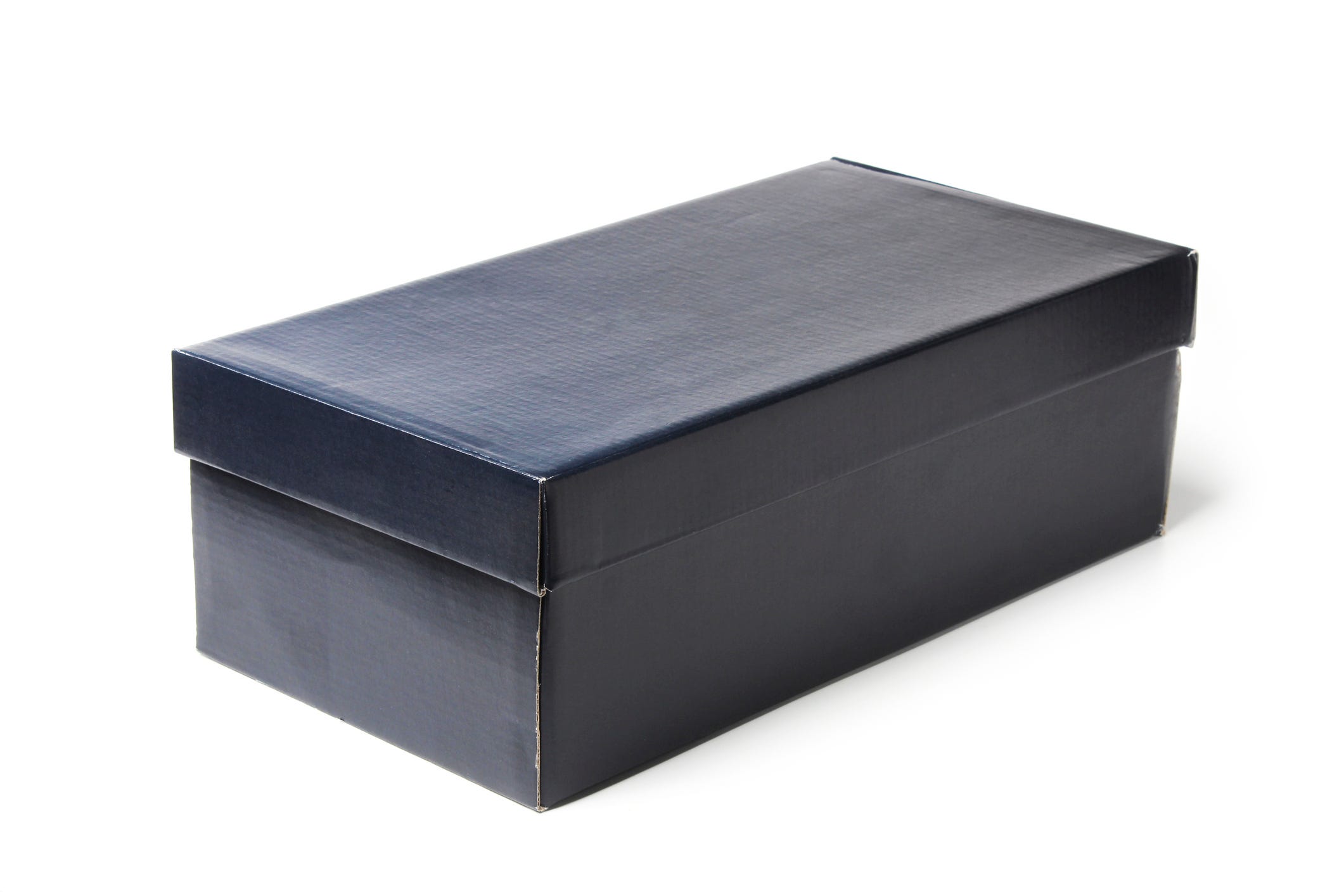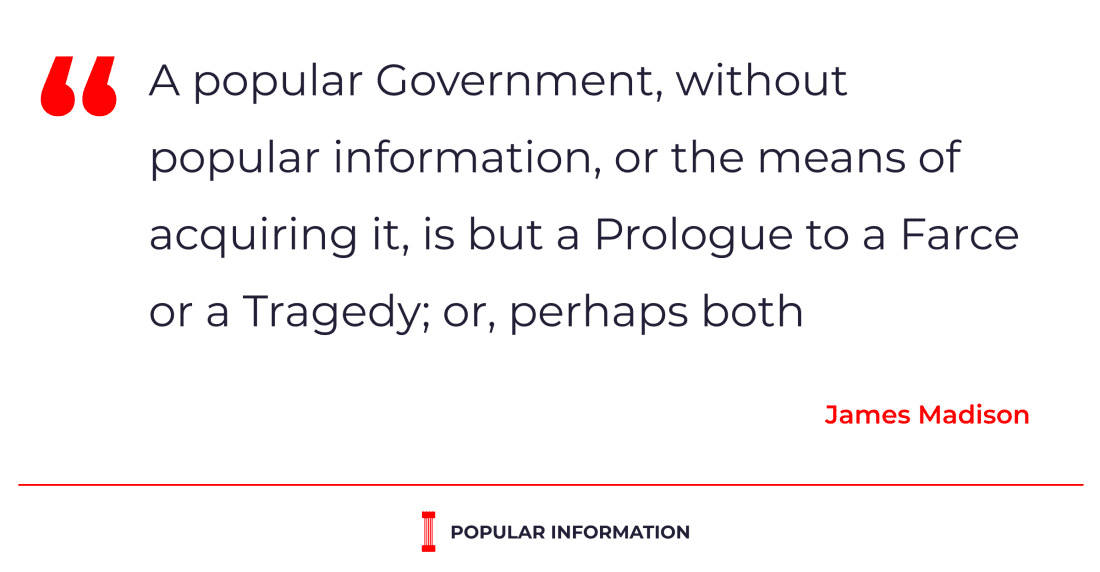 |
The COVID-19 pandemic has been an acute threat to millions of small businesses. Congress created the Paycheck Protection Program as a lifeline. The program provided loans — equivalent to about two-and-a-half months of payroll — to businesses with 500 employees or less. As long as most of the money was spent on payroll, the loans are forgiven by the government. Thus far, the program has allocated over $500 billion in taxpayer dollars.
But who got the money? The Trump administration won't say.
Initially, the Small Business Administration (SBA), which oversees the program, said it was focused on getting the money out as quickly as possible but would disclose the recipients once the loans were dispersed. The SBA "intend[s] to post individual loan data in accordance with the information presently on the SBA.gov website after the loan process has been completed," an SBA spokesman told the Washington Post on April 16.
Now that most of the money has been distributed, however, the Trump administration has changed its tune. Treasury Secretary Steve Mnuchin said in a hearing earlier this month that the administration will not release the "names and amounts of specific PPP loans" because it is "proprietary information" and "confidential."
The PPP, however, is modeled after a longstanding federal loan program, known as 7(a). For years, that program has facilitated loans to small businesses backed by SBA guarantees. The SBA routinely discloses the recipients of 7(a) loans. You can review them here.
While the PPP program has undoubtedly helped many workers, it is also subject to abuse. A small number of loans were disclosed because they were obtained by publicly traded companies that are required to report the loans to the Securities and Exchange Commission. As Popular Information reported, many of these loans went to companies that paid their CEOs in excess of $1 million or had other sources of capital. After these loans were subjected to public scrutiny, dozens of corporations returned the money.
But the vast majority of loans were obtained by private companies, and they remain secret.
Did one of the nation's wealthiest lawyers get a PPP loan?
The law firm founded by multi-millionaire attorney David Boies, who once represented Harvey Weinstein, may have received a PPP loan. Leaders of Boies' firm, Boies Schiller Flexner, "circulated an email asking shareholder partners to authorize the firm to seek up to $20 million in forgivable government loans," Reuters reports. (PPP loans are capped at $10 million, but some companies have obtained more by applying through multiple subsidiaries.)
Boies himself charges $1,850 per hour and is one of the wealthiest lawyers in the country. David Lat described Boies' lifestyle in a 2017 column:
He’s a millionaire many times over, and many aspects of his lifestyle reflect what I’m guessing is a nine-figure net worth — his primary residence, an 8,000-square-foot mansion on almost 10 acres; an $8 million pied-à-terre here in New York City, at the Sherry-Netherland Hotel; and a racing yacht, because you’re nobody until you have a yacht.
There is no indication that the pandemic impacted his legal work. Boies Schiller Flexner "declined to comment on whether it actually applied for or received the money."
How many members of Congress benefited from PPP loans?
Among the beneficiaries of the PPP are members of Congress that created the law. Four members of Congress have disclosed the loans voluntarily:
Republicans on the list include Rep. Roger Williams of Texas, a wealthy businessman who owns auto dealerships, body shops and car washes, and Rep. Vicky Hartzler of Missouri, whose family owns multiple farms and equipment suppliers across the Midwest. The Democrats count Rep. Susie Lee of Nevada, whose husband is CEO of a regional casino developer, and Rep. Debbie Mucarsel Powell of Florida, whose husband is an executive at a restaurant chain that has since returned the loan.
How many more members of Congress benefited from the PPP? Only the Trump administration knows. The lack of disclosure has "raised new questions about lawmakers’ potential conflicts of interest as they craft the next coronavirus rescue package."
On May 28, the House rejected legislation that would have required the Treasury Department to release details of PPP loans of $2 million or more. The bill was brought up via a procedure requiring a two-thirds majority to pass. Although all Democrats and 38 Republicans supported the legislation, it did not clear that hurdle.
"This is the largest distributor of taxpayer money in human history, and we need to ensure taxpayers know where it’s going," Congressman Dean Phillips (D-MN) said.
Accountability for big banks
In addition to accountability for the recipients of the loans, there is also the issue of accountability for the banks that distributed the money. Although most of the money will ultimately be supplied by taxpayers, Congress relied on banks to process the applications and provide the cash.
House Majority Whip James Clyburn (D-SC) wrote to eight large banks to inform them that a Congressional Committee on the coronavirus response is investigating whether the banks "favored large, well-funded companies over struggling small businesses in underserved communities — contrary to Congress’ clear intent.”
"We have significant concerns that the two-tiered system that some banks reportedly developed for wealthy clients may have diverted PPP funds intended for vulnerable small business owners in underserved and rural markets, including small businesses owned by veterans, members of the military, socially and economically disadvantaged individuals, women, and businesses in operation for under two years,” Clyburn wrote.
Clyburn is seeking information about both the banks' internal policies and guidance they received from the Trump administration. The real answer, of course, could be found in the details of the loans themselves.
Media files suit
The Washington Post, New York Times, ProPublica, and other media outlets have sued the Trump administration in federal court over its refusal to release the details of PPP loans. The plaintiffs filed Freedom Of Information Act (FOIA) requests for the information. Those requests were rejected even though the "PPP application specifically warns business applicants that their information will be subject to FOIA requests." The suit alleges that the administration, in failing to disclose the information, is violating the FOIA.
Top photo: Getty Images
Thanks for reading!
 |

